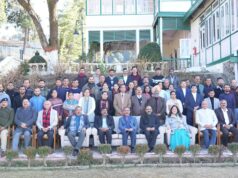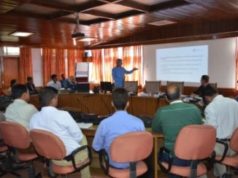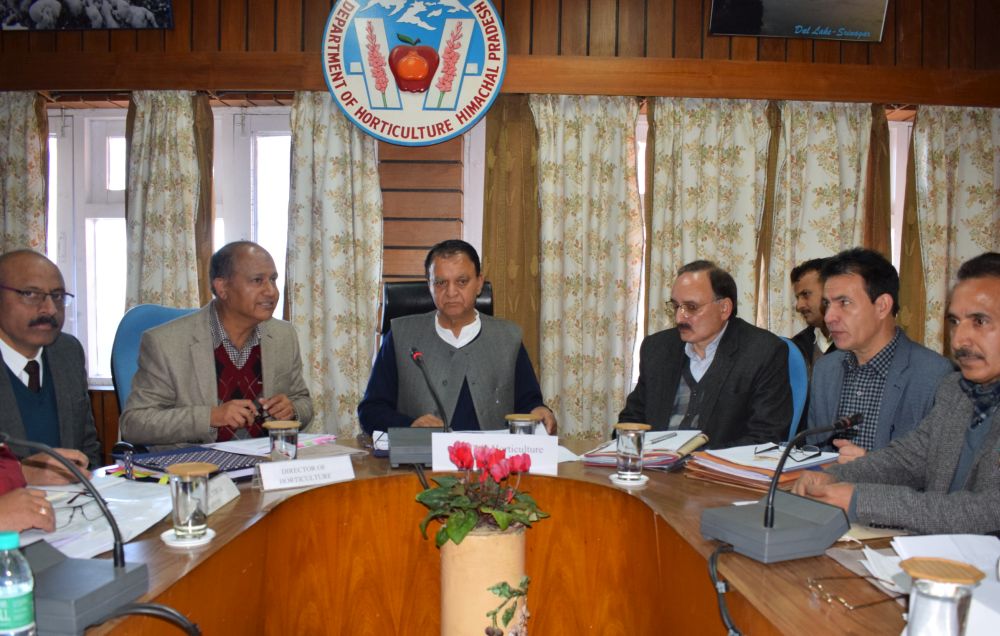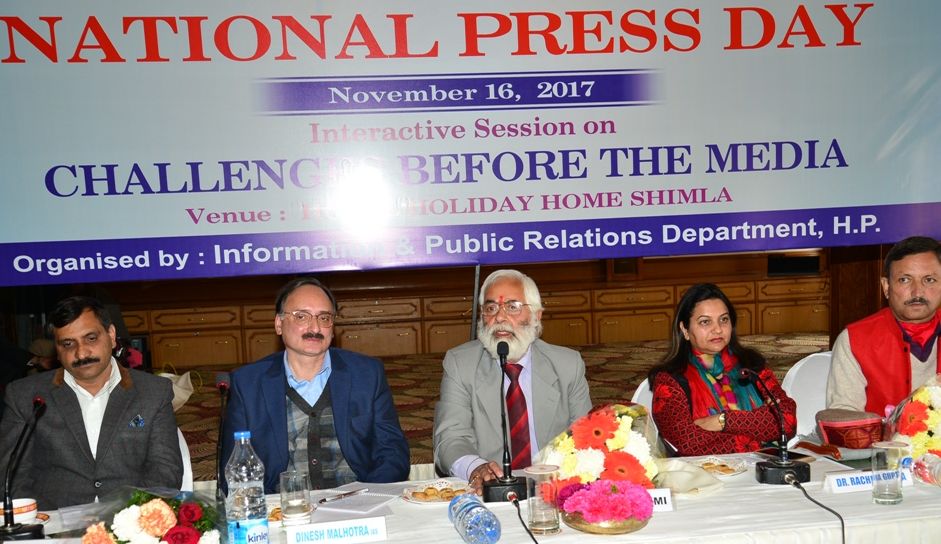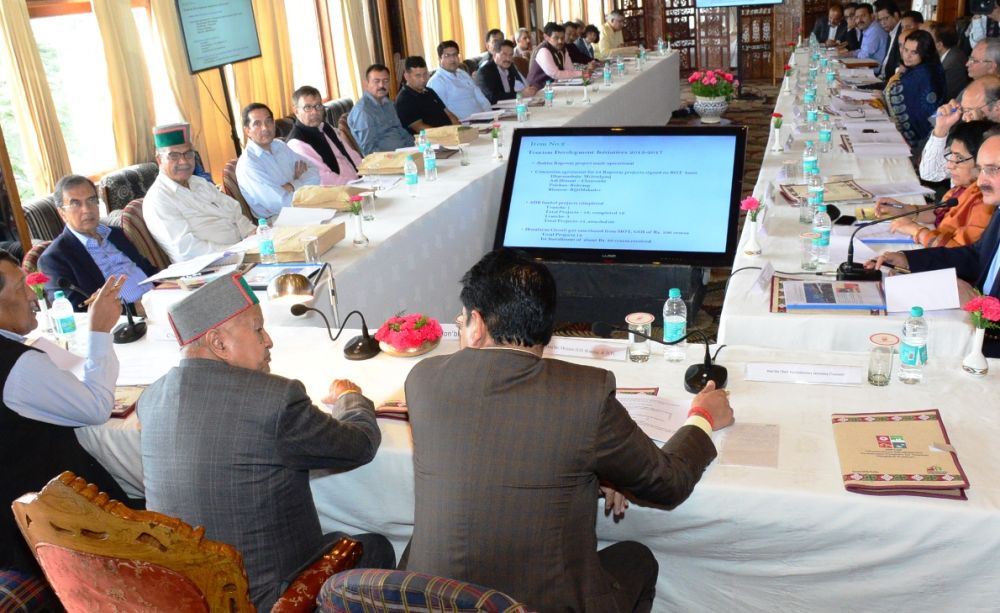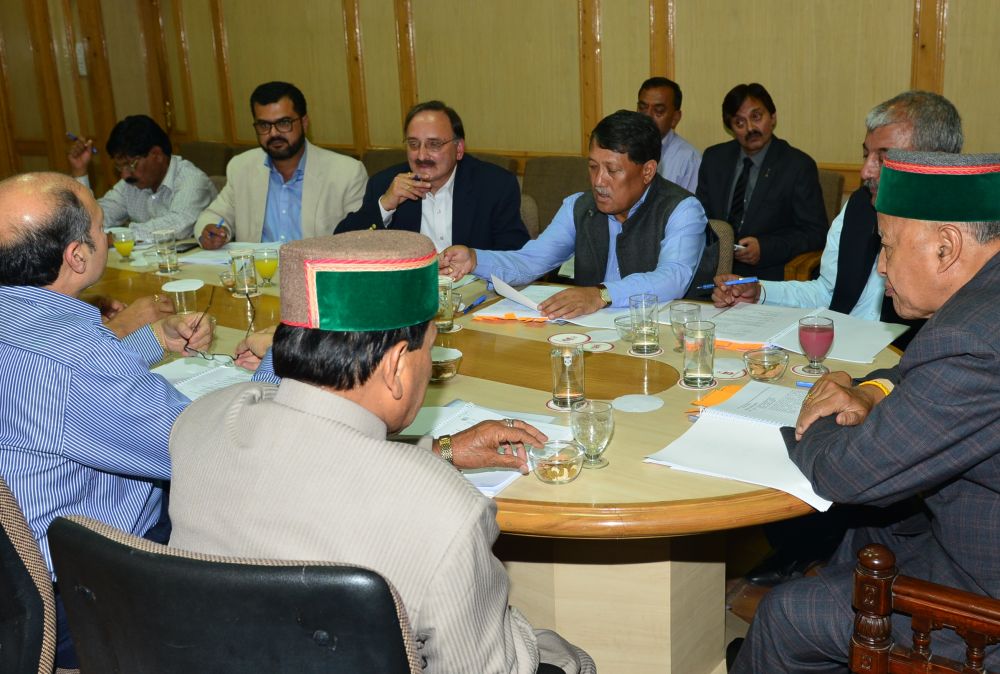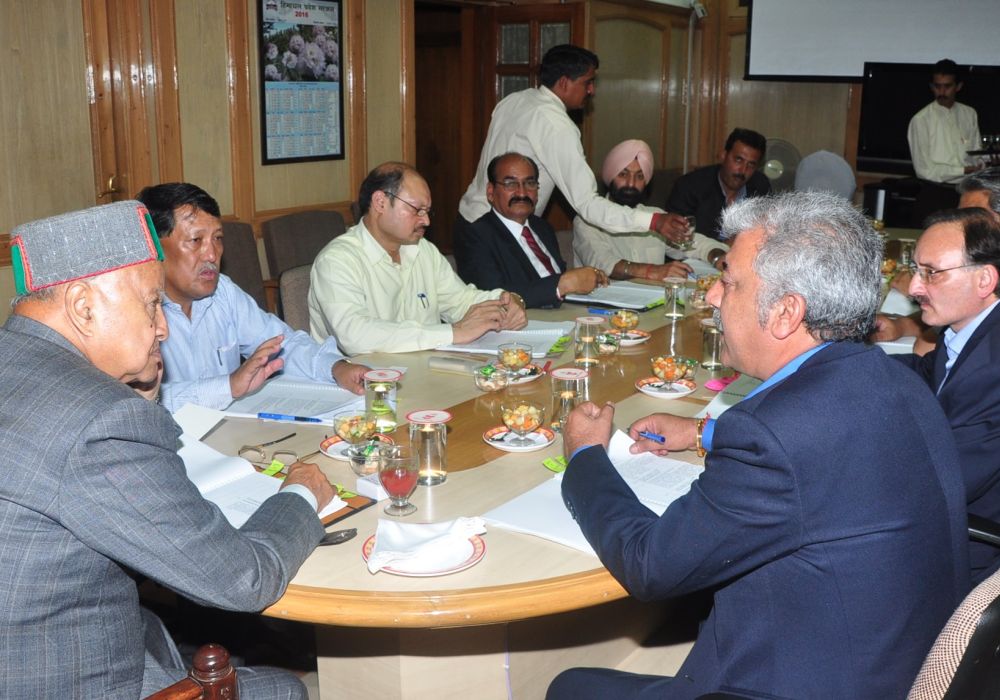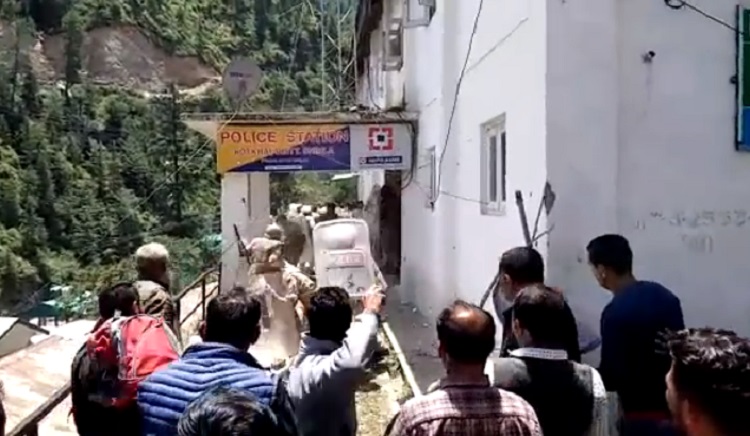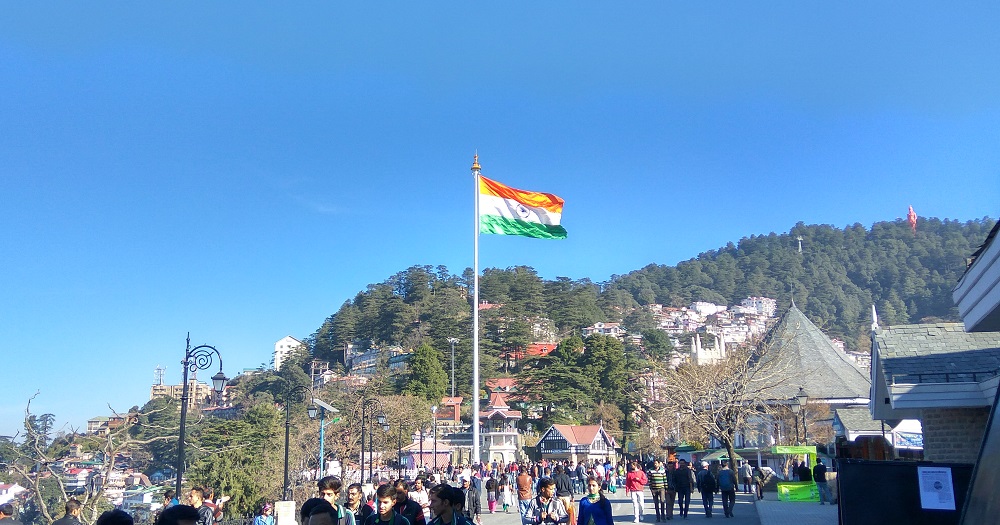National Seminar on Impacts of Disaster on Economic Development held at Fairlawn, HIPA today. While talking on seminar Dr. Bharti S. Sihag, Principal Secretary, Administrative Reforms and Training, said that Natural Disasters cannot be uprooted but its impact can be minimized by adopting coordinated, integrated and holistic approach for sustainable development and better engineering solutions required for reducing their impact.
She said that as per the studies, it had been revealed that the repercussion of disaster in developing economy is far worse than those in the developed nations. She said that 95 percent deaths occur due to natural disasters, whenever they occur, thereby affecting the Gross Domestic Product of any nation. A natural hazard does not eventuate into disaster unless there is vulnerability to it. Proliferation, non- engineered constructions, lack of communication, lack of budgetary allocation for disaster mitigation particularly in developing nations were few of the many reasons for heavy loss of life and property affecting socio-economic fabric.
She said that human endeavours can go a long way to counter the risk of disasters. The capability and capacity should be supported with a strong will power to reduce the vulnerability. Regulations were required to be enforced together with communicating and educating the people so that instead of depending upon the organizations, the people may build up their own public-pressure and themselves come forward to mitigate the natural or man-made hazards. Need of the hour is to transfer the innovative knowledge of disaster mitigation, risk reduction, plans and policies to the field. Creativity and improvisation was needed to reduce the risk of disaster.
Dr. Klaus Roeder, Professor and Consultant from Germany also gave his presentation on the subject and provided statistical information on prevention, mitigation, response and recovery in Indian Scenario, particularly the coastal belt and the Himalayan regions which were more prone to Tsunamis, cyclones, earthquakes, floods and landslips. He said that as Himachal Pradesh was more prone to earthquakes, landslides and floods and a pro-active approach was required to mitigate the disasters.
He said that in India floods are front runners in killing people followed by earthquakes, droughts, cyclones and landslides or epidemics.
He said that disasters had direct impact on economy. As per the survey, the deaths due to disasters had reduced since last 30 years and so was the damage to crop area. This reveals that a lot of preparedness had been done but a lot more was yet to be done.
Director, HIPA, Dinesh Malhotra welcomed the chief Guest and other dignitaries and said that the purpose of the seminar was to discuss and highlight the natural and man-made disasters and its extent together with analyzing its impact on economic development. Earlier, a book ‘Conference Proceedings’, by Disaster Management Centre, HIPA, containing compilation of various scholars and contributors on the subject was released.
Abhishek Jain, Director, SC, OBC and Minority Affairs, Prof Chandan Ghosh Professor from National Institute of Disaster Management (NIDM), New Delhi, Maan Singh, Additional Director, HIPA, Rakesh Kanwar, Director Language, Art and Culture, D.C.Rana Project Officer, State Disaster Management Authority were present amongst various scholars in the field of Disaster Management, academicians, practitioners and senior officers from all over the State attended the seminar.


